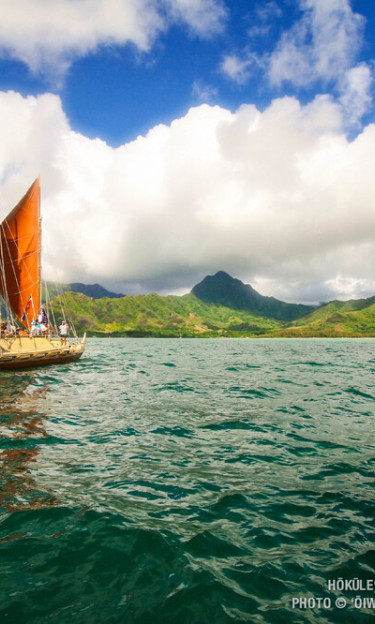
Asia and the Pacific
Livelihoods that rely on indigenous and traditional knowledge include pastoralism, artisanal fishing, rotational (swidden) agriculture, and the collection of wild species, including non-timber forest resources.
The Asian mainland has substantially diverse ecosystems and biomes, ranging from deserts to glacial mountain ranges, agricultural plains, some of the planet's most important rivers, and important tropical rainforest. The Pacific includes thirteen Small Island Developing States (SIDS) and seven more associate countries, some in low lying atolls, others on mountainous volcanic islands.
The Pacific Region has a unique heritage of sea voyaging and navigation. Human civilization flourished throughout the region due to the exceptional skills of different peoples to navigate the high seas and live sustainably on small islands. The different civilizations that established themselves in the Pacific lead to tremendous linguistic diversity while maintaining a shared heritage of the ocean and inter-island communications, trade and belief systems.
Pacific knowledge of biodiversity, climate change and the ocean
UNESCO has concentrated on a range of issues related to the use and knowledge of the ocean, wayfaring, transhumance and navigation. This has involved a long cooperation with indigenous sea nomads and Ancestral Voyaging Knowledge (AVK) holders. The following initiatives attempted to capture some of the Pacific's rich assets.
First, subregional networks of Observatories have been established based on indigenous knowledge and community observations in the Pacific, for instance using traditional seasonal calendars.
The main work in this area however is The Canoe is the People project, which promotes indigenous Pacific knowledge of the ocean environment including traditional open ocean wayfaring. Through audiovisual documentation with Master navigators and canoe builders, as well as animations, images and texts in a website, available in both English and Maori, The Canoe is the People offers a vehicle for elders and experts from several Pacific countries to transmit their specialised knowledge, skills and worldviews to Pacific youth.

The Canoe is the People Learner's Pack
The project was reinforced by the development of the Learners Resource Pack with its Teacher’s Manual and Learner’s Text in English and in Maori.
The Canoe is the People Educational Resource Pack includes:
Ancestral Voyaging Knowledge

A presentation on Ancestral Voyaging Knowledge in the Pacific Region.

Mobilising indigenous knowledge for People, Ocean, Biodiversity and Climate
An overview of Pacific voyaging and navigation, including in Aotearoa, New Zealand
Other projects in Small Island Developing States
Through its LINKS Programme and its offices in Apia, Samoa, Bangkok, Thailand and Jakarta, Indonesia, key UNESCO LINKS projects have focused on the following research.
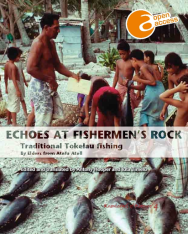

Thailand
As of 2022, in the context of the Thailand National Ecosystems Assessment, and in cooperation with the Culture Sector, LINKS is supporting further participatory research on indigenous and local knowledge of the marine environment.

A publication about sustainable development in the Surin Islands, Thailand, focusing on the Moken people.

Case studies from Thailand; Surin Islands National Marine Park and the Moken, Tarutao National Marine Park and the Urak Lawoi
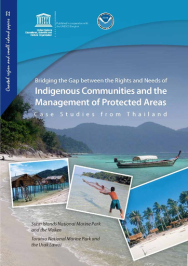
BES-Net in Asia and the Pacific
In 2020, UNESCO-LINKS joined the Biodiversity and Ecosystem Services Network (BES-Net) initiative, co-implemented with the United Nations Development Programme (UNDP) and the UN Environment Programme World Conservation Monitoring Centre (UNEP-WCMC), that aims to build capacity and commitment for biodiversity action across the world by translating the latest Intergovernmental Science-Policy Platform on Biodiversity and Ecosystem Services (IPBES) products into action on the ground. UNESCO-LINKS leads the BES-Net Indigenous and Local Knowledge (ILK) Support Unit. UNESCO-LINKS is supporting Thailand and Cambodia to incorporate ILK in their national ecosystem assessment.
IPBES in Asia and the Pacific
The inclusion of indigenous and local knowledge in the framework of the IPBES process was advocated for, initially, by experts from the Asia and the Pacific region. This advocacy informed all subsequent IPBES Assessments, with extensive attention given to the role of indigenous peoples in sustaining biodiversity and ecosystems within the Regional Assessment for Asia and the Pacific.
LINKS continues to engage with the diffusion and uptake of the IPBES assessments in Asia and the Pacific. In 2019, a Dialogue across Indigenous, local and scientific knowledge systems reflecting on the IPBES Assessment on Pollinators, Pollination and Food Production was co-convened and jointly designed by the Inter Mountain Peoples Education and Culture in Thailand Association (IMPECT) and Pgakenyaw Association for Sustainable Development (PASD) together with SwedBio at the Stockholm Resilience Centre and UNESCO. The dialogue involved a meeting of Assessment science authors and indigenous peoples from different regions who had participated in the Pollinators Assessment. The Karen community of Hin Lad Nai village in Chiang Rai hosted the walking workshop, and the Thai National Ministry of Natural Resources and the Environment spent a day with participants at the University of Chiang Mai.
LINKS provided support for a Sub-regional workshop for West Asia and South Asia on the IPBES Regional Assessment. Three sub-regional workshops were held in Asia and the Pacific, funded by the Japan Biodiversity Fund and implemented jointly by the Asia Pacific Network and the Institute for Global Environmental Strategies (IGES).

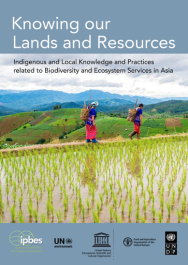
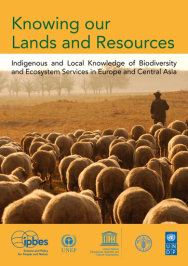
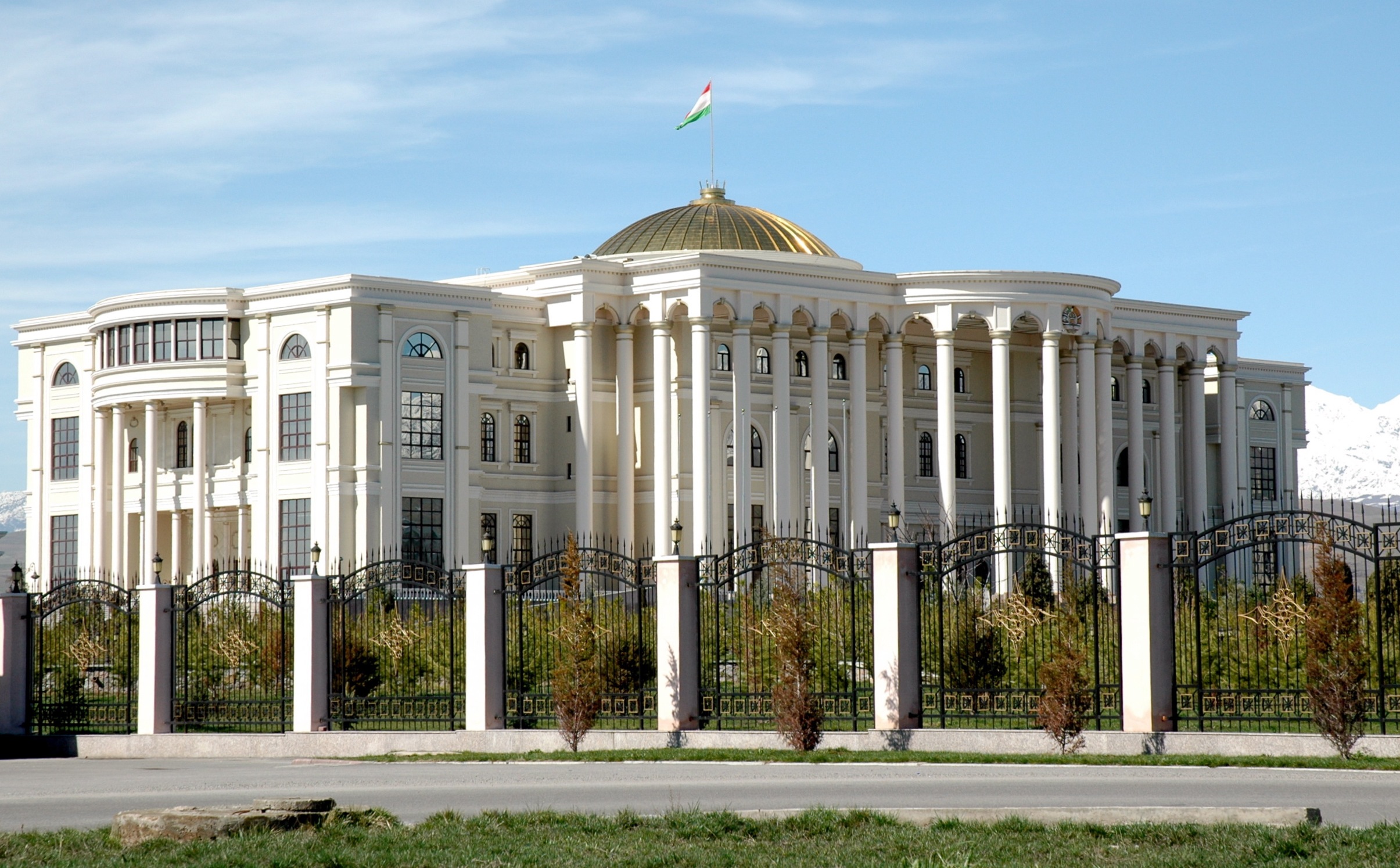
Water and the Dushanbe Forum
In 2021, LINKS worked with the UNESCO Intergovernmental Hydrological Programme, UNDP, the Food and Agriculture Organization (FAO) and UNEP to support the first Forum on Water and Local Communities and Indigenous Peoples. The Forum was part of a series of dialogues preceding the 2nd High Level International Conference on the International Decade for Action “Water for Sustainable Development, 2018-2028”, that was hosted by the Republic of Tajikistan. The Dushanbe conference led to the Dushanbe Final Declaration , where Member States called for an inclusive approach to water management, governance and policy, including giving attention to indigenous peoples and local communities, and their respective knowledge systems.
Indigenous peoples and local community delegates attended from Tajikistan, Kyrgystan, the Russian Federation, Cambodia, Mexico, Namibia and Nepal, with a televised message from the Chairperson of the UN Permanent Forum on Indigenous Issues, Dario Mejia Montalvo (Colombia). The indigenous peoples have established an Informal Reference Group to continue communications with the seven cultural-geographic regions and to liaise with the UN on the Water Action Decade.




